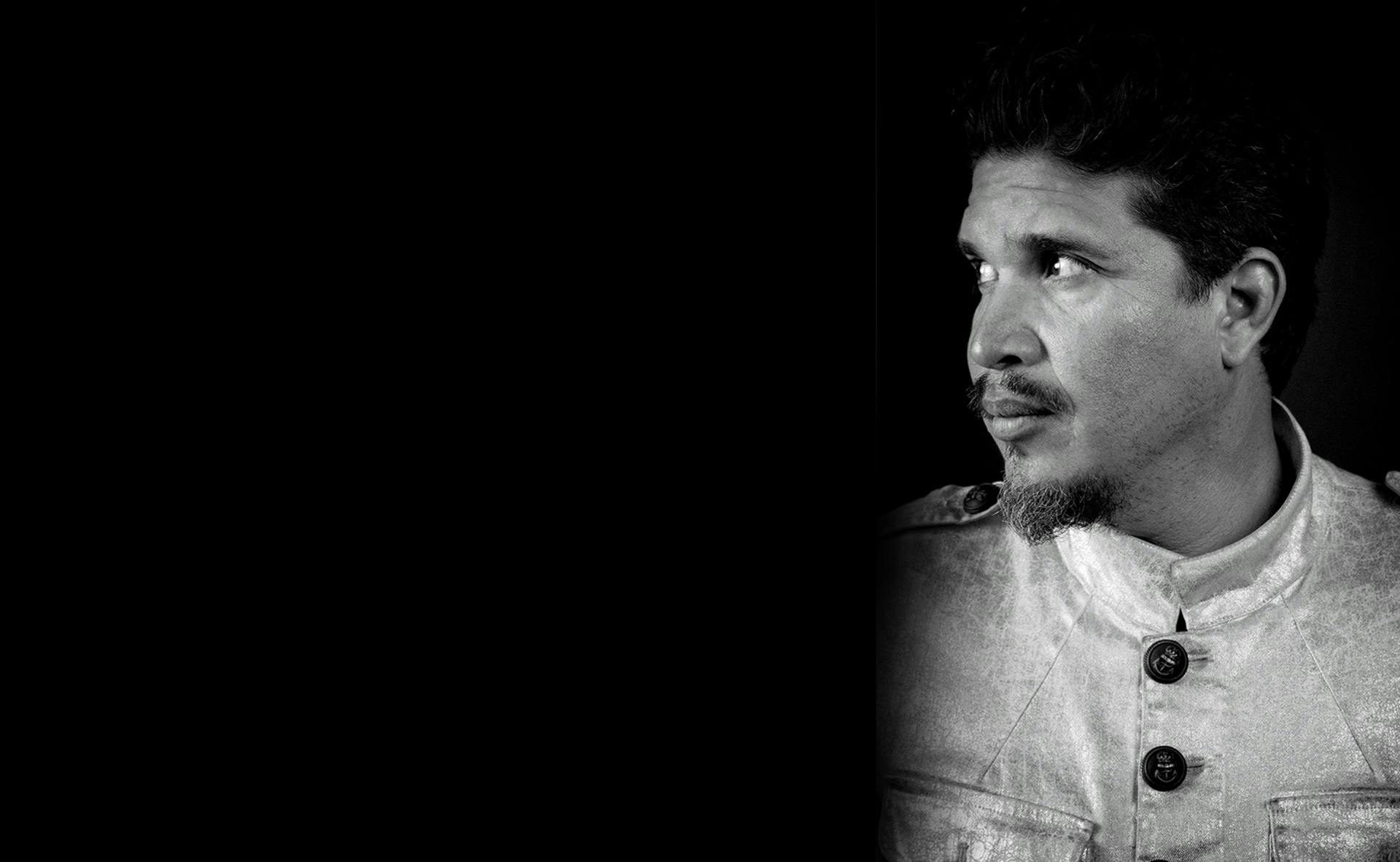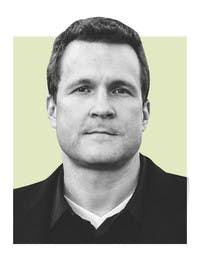Rob Garza put out a second solo EP in 2018 and has produced and created a variety of remixes and collaborations.
Where are you finding the most creative inspiration lately?
We have always been influenced by our record collections. They are very musically rich and diverse. Before the internet, they were a way of knowing what was happening in other parts of the world. Our influences have led us on a sonic journey through Brazil, Jamaica, India, and many other places. Our last two records have a heavy Jamaican influence. They were both mainly recorded in Port Antonio, Jamaica.
How has technology influenced your creative process?
When we started, we were doing electronic music, and that at the time was kind of different. Now everything is electronic music. People use computers to record country albums. So that term doesn’t really mean the same thing anymore. Technology has allowed more people to create more music, but it has also allowed more people to create a lot of bad music. So the creative process is a lot easier with technology, but you have to filter through a lot of material to find the real gems. I think it can be really difficult for new artists to be heard and discovered when there is so much happening out there.
What do you want people to take away from the Thievery Corporation experience in this day and age?
I think we want people to open their ears and open their minds. It’s a big world, and we are all a part of it. I think that we here in the States and in Europe think that Western music is the be-all and end-all, but you go to other parts of the world, and nobody even knows any of these artists we admire, that people here are consumed with. But really, why should they? I hope we make people think, feel, and move through our music.
What role do you feel musicians can play in advancing political conversations?
I was really influenced by artists who spoke up—the Clash, Public Enemy, Steel Pulse, Fela Kuti, and others. Music is communication. It has always been part of delivering a message. I think people who say artists should just stick to being artists are overlooking an important aspect of art. That’s like saying none of us should think for ourselves and just do a job. That’s exactly what makes the world a worse place to live in.
You used to work with the World Food Program; what drew you to that cause in particular?
Food is an essential need that transcends culture, politics. … We had a friend at WFP who asked us to get involved, and I jumped at the opportunity. Working with them has taken me to many amazing places, like southern Sudan and Nepal.
In your extensive travels across the world, what have you personally observed that you’d like to change?
We all have to live on this planet together. What we do to it, and each other, we do to ourselves. It feels like things are becoming more divisive. It is distressing to feel like things are moving backwards.











